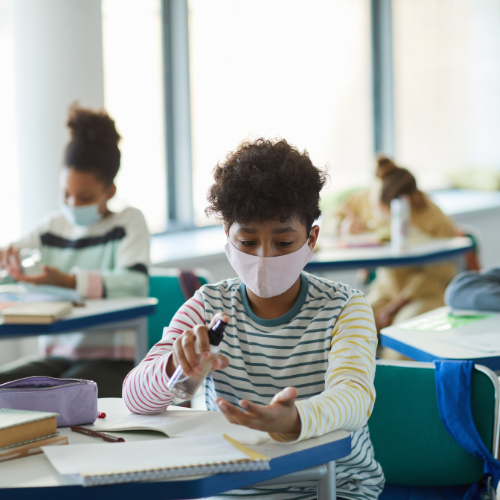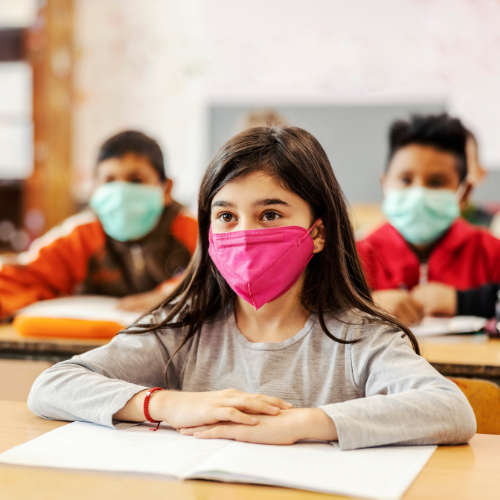July 25, 2024
Trusting school-academic relationships: Lessons from the ROSSEY project

For the past four years, HPRC, Fred Hutch Center for Community Health Promotion, and Yakima Valley community partners have joined forces to support the safe return of students to classrooms in the Yakima School District, even after the peak of the COVID-19 pandemic. Through the ReOpening Schools Safely and Educating Youth (ROSSEY) project, the community-academic partnership provided vital risk communication around COVID-19 preventative behaviors (COVID-19 testing, vaccination, masking and other safety measures) using innovative tools like comic books and parent videos.
As the project ends, researchers from the ROSSEY team have created an implementation handbook for public health emergencies based on lessons learned from the project. Designed as a resource for community partners, school districts, and academic researchers, the handbook serves as a “how-to” manual for establishing trusting school-academic partnerships. Trusting school-academic partnerships improve:
- Collaboration: Trust fosters open communication and collaboration between schools and academic institutions leading to more effective problem-solving and innovation.
- Resource Sharing: When trusting partnerships are established, schools and academic institutions more readily share resources, knowledge, and expertise, ensuring that both entities benefit from each other’s strengths and capabilities.
- Student and Community Outcomes: Partnerships based on trust result in tailored interventions and support that address specific needs and promote better academic and social outcomes.
- Sustainability of Programs: Trusting relationships ensure the longevity and continuation of joint program initiatives.

- Crisis Management: In times of crisis, such as during the COVID-19 pandemic, trusted partnerships enable quicker, more coordinated responses to ensure the safety and well-being of students, their families, and their communities.
Overall trusting partnerships are essential for successful health programming and interventions. “Our hope is that the Implementation Handbook will serve as a useful tool to build bidirectional relationships grounded in community-based participatory research,” said Sonia Bishop, research scientist for the project. For more detailed information on the importance and benefits of these partnerships, and information on how to build them, check out the comprehensive handbook.